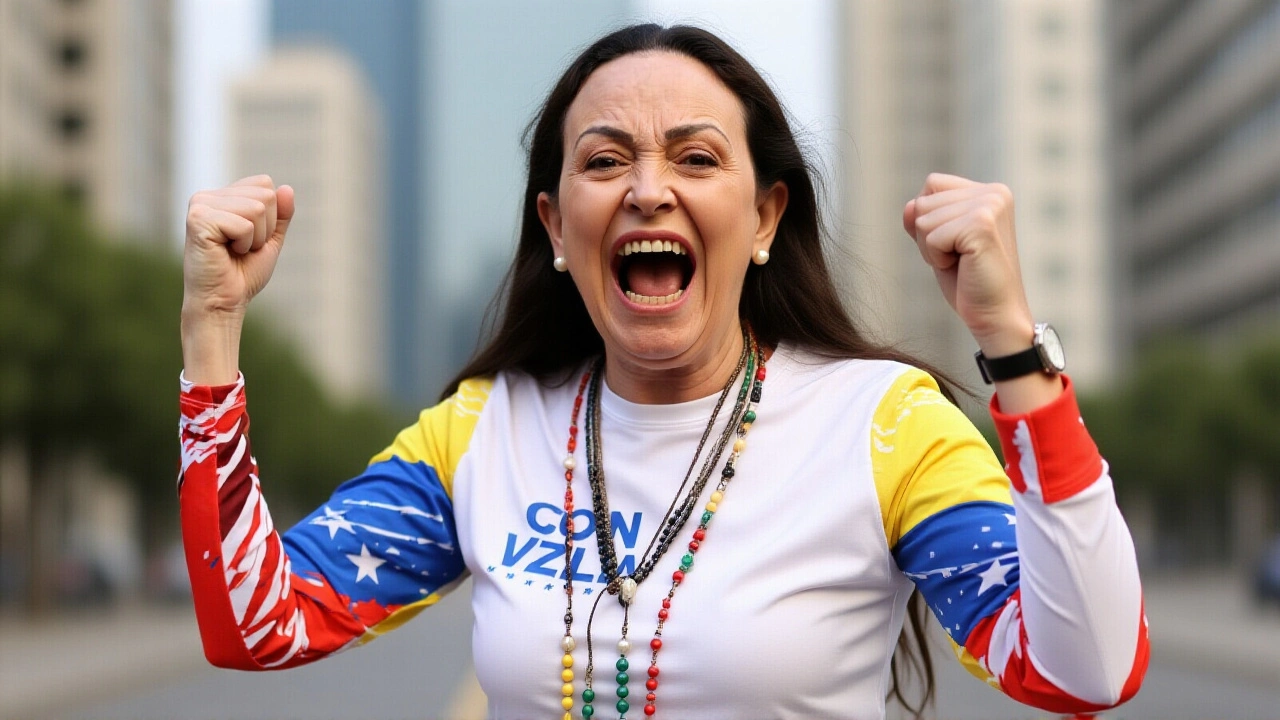When talking about Nobel Peace Prize, the annual award that honors individuals or groups who have made outstanding contributions to peace. Also known as the Peace Nobel, it is presented by the Norwegian Nobel Committee and includes a medal, a diploma and a cash award. The prize highlights actions that reduce conflict, promote dialogue and improve humanitarian conditions.
The award’s relevance ties closely to United Nations, the intergovernmental organization that coordinates international peace and security efforts. The UN often nominates candidates and its peace‑keeping missions provide real‑world examples of the kind of work the prize celebrates. Conflict resolution, the process of ending disputes through negotiation, mediation or diplomatic channels is another core concept; many laureates are recognized for turning wars into talks.
For the Nobel Peace Prize, the main attributes include: criteria (non‑violent struggle, diplomatic breakthroughs, humanitarian relief), selection process (nominations submitted by qualified individuals, reviewed by the Committee), and impact (global awareness, funding for projects, political pressure). Values like “extraordinary humanitarian impact” and “lasting peacebuilding” are measured against real‑world outcomes, such as reduced casualties or successful treaties.
Semantic connections run deep: the Nobel Peace Prize encompasses conflict resolution, it requires extraordinary humanitarian impact, and the United Nations influences its selections. These triples help readers understand how each element fits into the larger peace ecosystem.
Recent news under this tag shows the prize’s ripple effect. Stories about regional leaders pledging “any cost for peace” after political deals, or new legislators breaking barriers in Congress, echo the same spirit the Nobel celebrates. Even sports and entertainment headlines sometimes reference peace themes, showing how the award’s values permeate different arenas.
Understanding the Nobel Peace Prize also means looking at its laureates. From Martin Luther King Jr.’s non‑violent civil rights work to Malala Yousafzai’s education advocacy, each winner illustrates a facet of peacebuilding: social justice, youth empowerment, environmental stewardship, and more. Their stories give concrete examples of the award’s criteria in action.
For anyone tracking global developments, this collection provides a curated snapshot of how peace initiatives shape headlines today. You’ll find analyses of diplomatic breakthroughs, profiles of emerging peace activists, and commentary on how international bodies respond to crises—all linked by the underlying theme of the Nobel Peace Prize.
Below, the articles dive into the latest events, historic reflections and forward‑looking discussions that together paint a vivid picture of peace work around the world. Explore the range of perspectives and stay informed about how the ideals of the Nobel Peace Prize continue to influence our world.
Posted by
Siseko Tapile
16 Comments

María Corina Machado of Venezuela wins the 2025 Nobel Peace Prize, spotlighting her fight for democracy and drawing global attention to the country's crisis.
read more